LGBTQIA Therapy
A Therapist Should Accept Your LGBTQIA Identity As A Given
As a person who identifies as lesbian, gay, bisexual, transgender, queer, intersex, asexual, aromantic, or polyamorous, maybe you seek a safe space to work through life’s struggles. Perhaps you have faced subtle or overt pushback in life from friends or family regarding your queer identity. You may even feel trapped as you worry, Who can I open up to about details of my life–will I be judged?
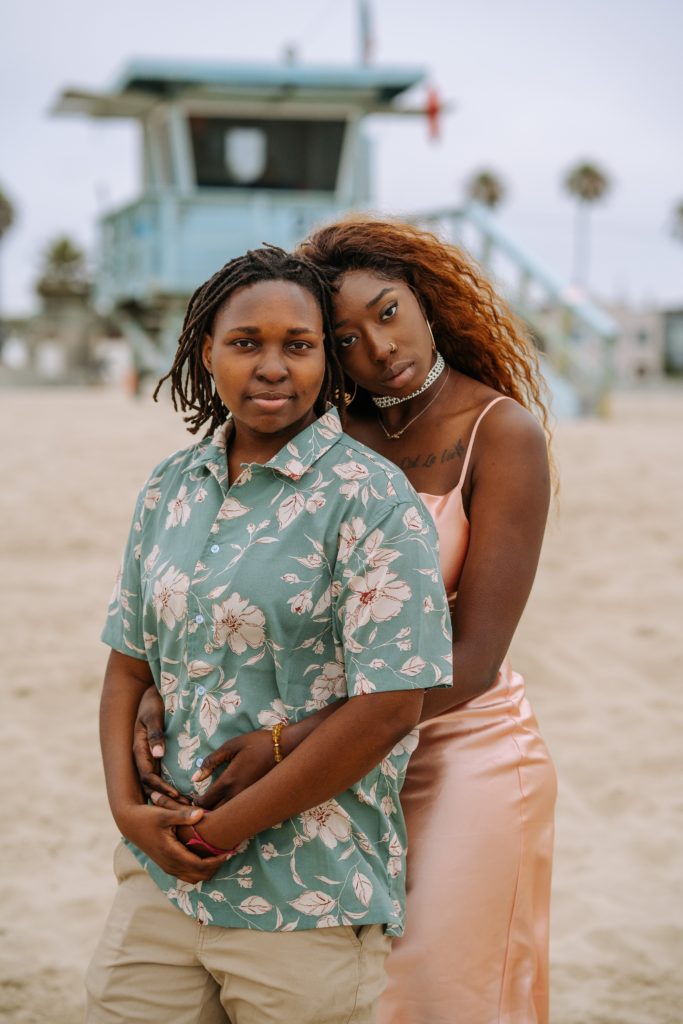
Perhaps you seek a therapist who takes a step beyond acceptance and affirms your LGBTQIA+ identity. Maybe you seek an environment that “gets” the nuances and intersections within your specific identity. For example, if you are non-binary, you may be looking for a queer-affirming therapist who understands the implications of body dysphoria.
Finding the support you need as an LGBTQ person can be a challenge–you exist in a world not always sure where safety lies among friends, family, co-workers, and society. You may wonder if you will be antagonized for your identity because exists outside of the cisgendered, heteronormative mainstream.
When you experience ridicule for your sexual identity, you may develop social anxiety and become saddened by the inability of others to accept you as you are, further isolating yourself from others. Or maybe instead, you dissociate from yourself or find ways to numb in an attempt to cope with the confusion and pain of dealing with life stressors as a queer individual.
However, an empathetic approach to therapy can help release some of the pressure you may feel as an LGBTQIA person. Counseling can affirm your lived experiences and lay a foundation to work through life’s challenges more fully.
LGBTQIA+ Individuals Face Unique Struggles In Today’s Society
Sometimes society “others” queer people. For those in this marginalized “out” group, having to explain who you are can feel like an experience of “otherness” at the hands of mainstream society. This experience can create obstacles to one’s self-perception and mental health. That someone may not understand an idea integral to your identity can make queer people feel frustrated, disappointed, isolated, or confused. And your existence as part of the LGBTQIA+ community deserves to be acknowledged and appreciated.
Society has evolved toward more acceptance of LGBT identities, yet we still have progress to make. Though the gay and lesbian communities have had a stronger presence in the mainstream in recent years, certain groups under the queer umbrella continue to exist at the margins, including transgender, non-binary, aromantic, asexual, gender fluid, and bisexual people.
It is within this cultural context that healing from struggles as a queer individual can be difficult. While some gay, lesbian, and queer people do have adequate support in the form of family, friends, or professionals to help them through life issues, others do not. And for those who do not, you might not have the strength to ask for help out of fear of being judged when sharing intimate details of your life. Or if, as an LGBTQ person, you did find the courage to open up to a seemingly trustworthy person, maybe you experienced subtle or overt ridicule toward an aspect of your identity. Particularly as members of a marginalized group, to seek safety is natural, yet not everyone is fortunate enough to find it.
With a queer affirming therapist, however, you can find the safety you seek with someone who can see you for the person you truly are: your identity, character, personality, and goals. A queer-affirming LGBTQIA+ therapist can offer a safe space without judgment so you can explore different areas of your identity, work through challenges, and develop the skills to move through life more fully in therapy.

LGBTQIA+ Therapy Can Show You Who You Are And What You’re Capable Of
If you’re looking for support that honors your unique perspective as a lesbian, gay, bisexual, transgender, queer, intersex, or asexual person, while also acknowledging that you still struggle with the same issues as anyone else, then LGBTQIA counseling could be for you. In counseling, we will question the white patriarchal mindset that has shaped much of modern-day psychology and replace antiquated ideas with a radical questioning of dogma tailored to your identity, experiences, and overall story.
Rottenberg Therapy offers a compassionate, non-judgmental environment where you can explore your issues with empathetic support from a queer-affirming therapist. Our approach to counseling has helped many LGBTQIA patients to work through challenges like anxiety and depression, discrimination, bullying, harassment, coming out, lesbian, gay, and queer relationship counseling, family issues, gender dysphoria, substance abuse, addiction, and more.
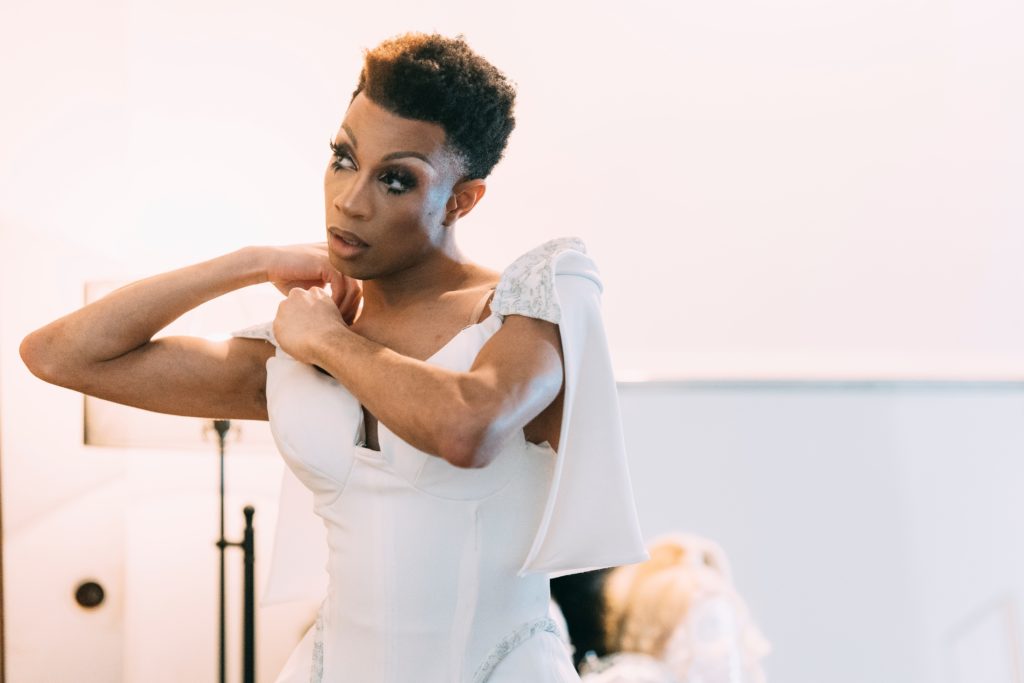
Over the course of therapy, we will work with you to build a foundation that can help you feel more empowered, aware, and in control of your life. We will hold space for your story and use our sessions as a template to help you do the same for yourself. In therapy, our goal is that you learn more about who you are and use your inherent strengths as they relate to your LGBTQIA+ identity or life struggles.
Additional topics we explore in queer-affirming counseling can include:
- Intergenerational trauma
- Unhealthy and healthy intergenerational messaging
- Reparenting your inner child with love you may not have received as a child due to neglect or abuse
- Experiences in childhood that contribute to challenges you experience as an adult today (referred to as the psychodynamic approach)
At Rottenberg Therapy, our therapists take a psychodynamic/psychoanalytic approach to treatment, which works to uncover the emotional roots of any of your struggles and promotes self-awareness and self-examination. We think of this as gentle and deep work with long-lasting effects. And we encourage patients to bring in their dreams, fantasies, and their whole selves into the sessions in order to draw from the known/conscious parts as well as the unknown/unconscious parts of their psyche.
Additionally, we are all trauma-informed therapists. We use mindfulness and body/somatic-based approaches, but we may also introduce other modalities to better understand the cause of your issues and speed recovery. Cognitive-Behavioral Therapy (CBT), for example, can help you transform negative thought patterns into more positive ones so that you can make more constructive decisions when life challenges arise. And Radically-Open Dialectical Behavior Therapy (RO-DBT) allows you to work through rigidity and the need to control aspects of your life by cultivating more openness, flexibility, and social connectedness.
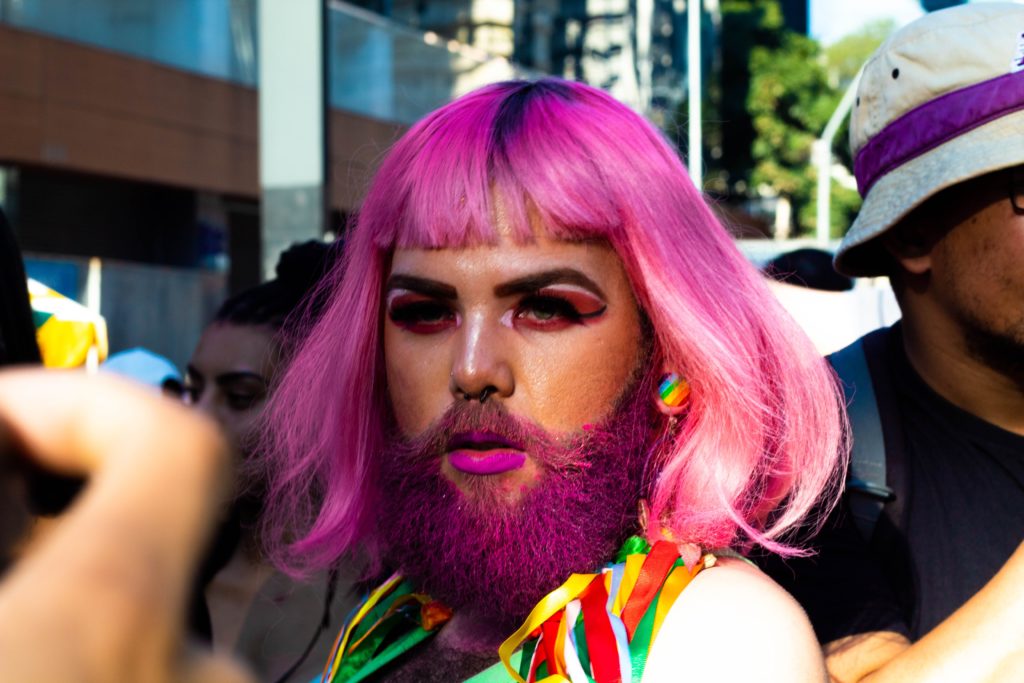
We cannot promise that counseling will deliver you from every hardship you face, yet through talking to one of our culturally responsive therapists, you can better understand your struggles and develop coping strategies to better manage them. We believe that there is great relief through the process of uncovering one’s unconscious beliefs, hidden desires, and internal conflicts. Through expanding your sense of self by getting to know yourself better, we find that people understand humanity and the world around them, and can find more internal peace.
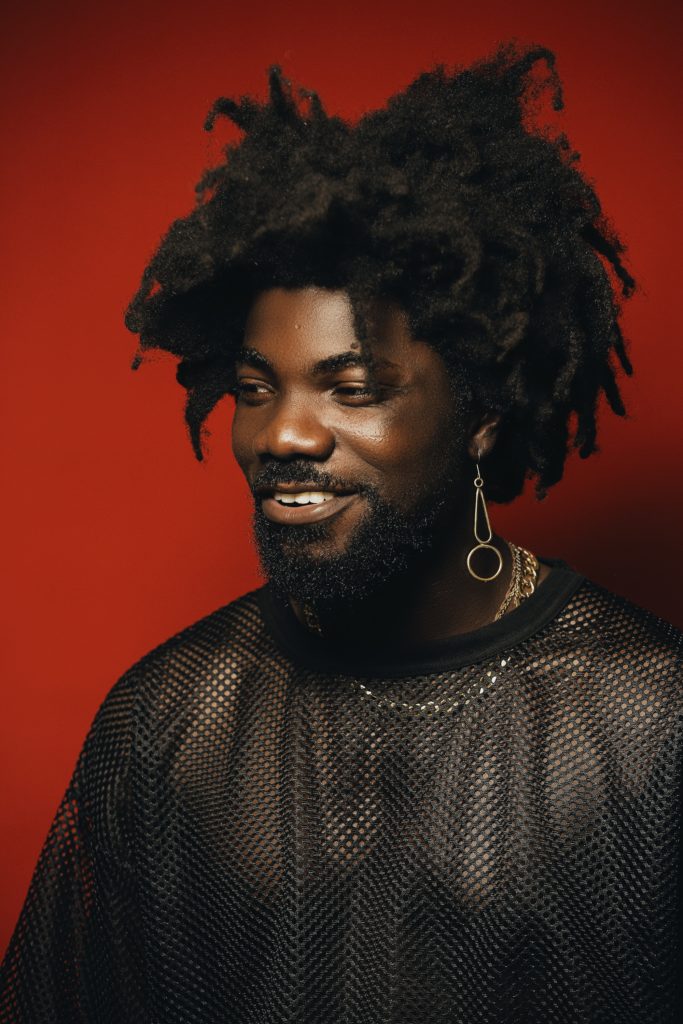
We do acknowledge that the fields in which we practice–psychology, psychotherapy, and psychoanalysis–have been founded on white supremacist, patriarchal, cisgender, and heteronormative ideas, and we all are working toward dismantling these ideas from within ourselves, this practice, and our field. We welcome conversations with you any time you may feel this promise is not upheld in sessions and we are committed to challenging ourselves to continue to move toward a radically inclusive space, within ourselves and in our society.
Maybe you still have questions about LGBTQIA+ Therapy…
Are all of your therapists queer?
All therapists in this practice are queer-affirming or queer therapists. What this means to us is that even if your therapist is not queer, they have been and continue to be on a journey to make themselves knowledgeable, responsive, curious, and responsible to understand the nuances of queer life. Please let us know if you have a specific request for a queer therapist.
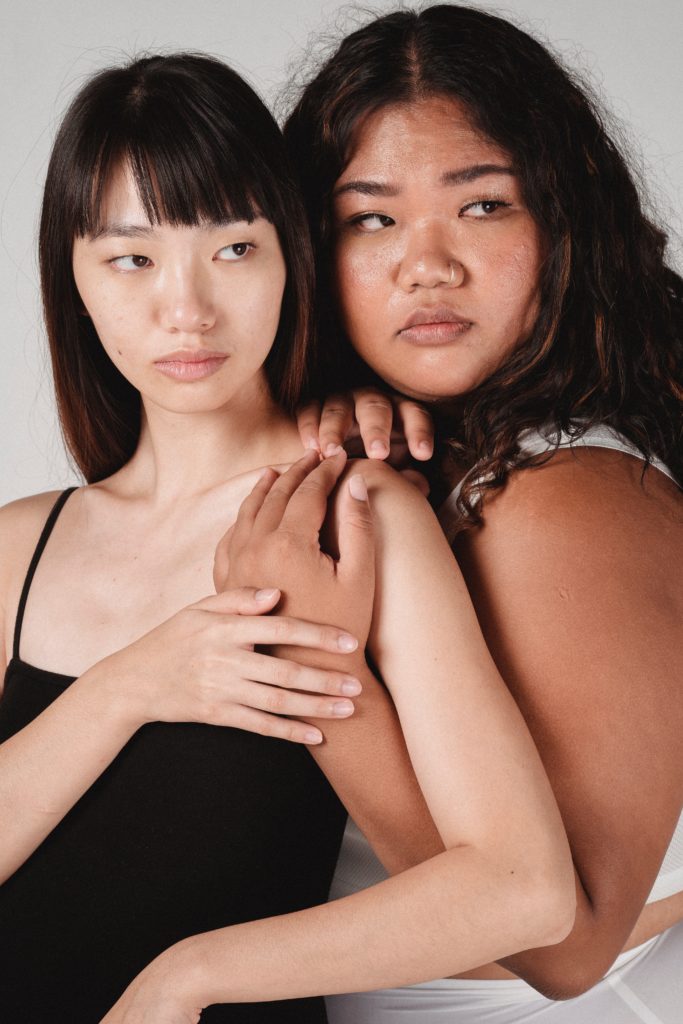
Are You Ready To Find The Support To Tap Into Your Inner Strength?
Working through issues alone can be difficult, particularly in a world that isn’t always accepting of difference. If you’re ready to take the next step toward a space that honors this difference, we invite you to contact us to see how LGBT-affirming psychotherapy can help.